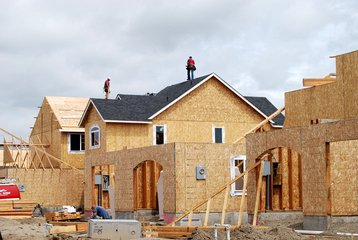The Texas Supreme Court recently decided an important real estate case in Town of Lakewood Village v. Bizios. Bizios was lived outside of Lakewood Village, Texas. Bizios was sued by Lakewood Village for not applying for or obtaining building permits when he began building his home. Lakewood Village, which is a general law municipality, asserted that it has the authority to extend its rules and ordinances to its extraterritorial jurisdiction. The extra-territorial jurisdiction (“ETJ”) of any particular city is based on the city’s population. Extra-territorial jurisdiction is the unincorporated area around the city’s corporate boundaries over which a city can exert control for certain activities.
In this case, the Texas Supreme Court determined that home rule cities are permitted to enforce their building codes in their extraterritorial jurisdiction, but general law cities, such as Lakewood Village, cannot.
Under Texas law, three types of municipalities are authorized:
- Home rule cities. Under Section 5.004 of the Local Government Code, a home rule city derives its power from the Texas Constitution, and have the power to self govern, save for any limitations placed on the city’s’ power by the Texas Legislature.
- General law cities. Under Section 5.001-5.003 of the Local Government Code, general-law municipalities have only such implied powers as are reasonably necessary to make effective the powers expressly granted to them by the Texas Legislature.
- Special-law cities. Under Section 5.005 of the Local Government Code, special-law municipalities operate under a municipal charter that is granted by local law enacted by the Texas Legislature.
Since the Town of Lakewood Village is a general law city, the Supreme Court noted that it has only the implied powers that are reasonably necessary to make effective the powers expressly granted to it by the Legislature. General law municipalities have limited authority and that authority is strictly construed. If there is any doubt about whether the general law municipality has a certain power, the issues is decided against the municipality. In other words, when in doubt, the general law municipality does not have authority.
There is Texas law that gives general law municipalities the authority to enforce ordinances concerning the regulation of land plats, but that is not an authorization to enforce building codes in its ETJ.
 Texas Oil and Gas Attorney Blog
Texas Oil and Gas Attorney Blog


